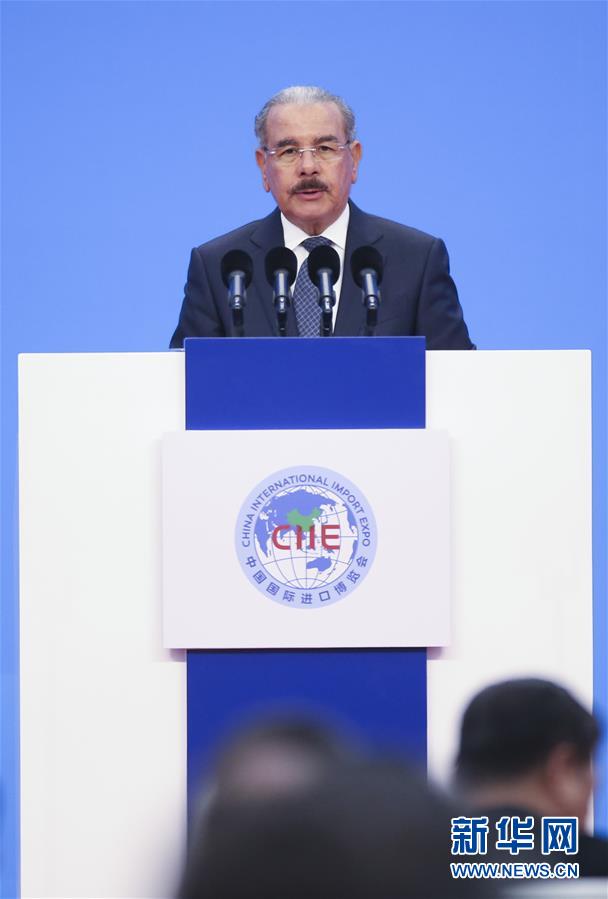It took very little time for the same-old deeply dangerous rhetoric to rear its ugly head after the publication of a report accusing Aziz Ansari of sexual misconduct. In the anonymous report—published over the weekend by Babe—a woman shares her account the alleged misconduct which took place on Watch Climax Onlinea date in September 2017.
The responses to the woman's story are peppered with the word "should." She shouldhave said no; she shouldhave walked out; she shouldnever have taken off her clothes; she shouldn'thave been there in the first place. These responses, which are disturbingly widespread, not only shift the blame and responsibility onto the woman, they also fail to recognise an important truth. For many women, uttering an explicit "no" is not as easy or straightforward as you might think.
SEE ALSO: Aziz Ansari accused of sexual misconduct, he respondsThe woman—who's identified as "Grace"—describes going out for dinner with Ansari before going to his apartment where events took place which left her feeling "violated". Grace describes using verbal and non-verbal cues to convey how "uncomfortable and distressed she was."
"Most of my discomfort was expressed in me pulling away and mumbling. I know that my hand stopped moving at some points," Grace told Babe. "I stopped moving my lips and turned cold. He probably moved my hand to his dick five to seven times," says Grace. "He reallykept doing it after I moved it away."
One moment in particular is depicted as "particularly significant" for Grace. She leaves the room, and spends around five minutes in the bathroom before re-entering.
He asked her if she was okay. “I said I don’t want to feel forced because then I’ll hate you, and I’d rather not hate you,” she said.
Grace told Babe that this remark about "not wanting to feel "forced"" had "added a verbal component to the cues she was trying to give him about her discomfort". Grace says that, despite raising a verbal red flag about her discomfort, Ansari "motioned" for Grace to perform oral sex on him.
Ansari instructed her to turn around. “He sat back and pointed to his penis and motioned for me to go down on him. And I did. I think I just felt really pressured. It was literally the most unexpected thing I thought would happen at that moment because I told him I was uncomfortable.” Soon, he pulled her back up onto the couch. She would tell her friend via text later that night, “He [made out] with me again and says, ‘Doesn’t look like you hate me.’”
Ansari responded to the allegations in statement, in which he appeared to agree with Grace's account of the evening. Ansari said "by all indications" the "sexual activity" that took place was "completely consensual."
The next day, I got a text from her saying that although “it may have seemed okay,” upon further reflection, she felt uncomfortable. It was true that everything did seem okay to me, so when I heard that it was not the case for her, I was surprised and concerned. I took her words to heart and responded privately after taking the time to process what she had said.
Victim blaming
Since this story's publication, one troubling thread of conversation has persisted. The assertion that Grace should have said something. A quick glance at the Twitter responses to Babe's tweet will give you a sense of the kind of views being shared:
"You know what's clearer than any non-verbal cue? A verbal one. *Gasp*" wrote one person.
"There were a couple of moments where "Grace" could've easily walked away and go home after all the foreplay you claim you were doing. Just say you should meet another time with a better state of mind or not see him ever again," reads another reply.
"Maybe verbal clues would have been best. Something like, I'm not interested pal," wrote another. "Ok I'm sorry but 1st what did she was gonna happen going to his pad..and 2nd the very second she felt uncomfortable she shoulda said 'gotta go..bye!' plain and simple," reads another response.
Saying 'no' is not straightforward
What's absent from this discussion is an acknowledgement that saying "no" is not always simple and straightforward. This statement doesn't take into account most women's overwhelming fear of what could follow that verbalised "no."
Writer Sady Doyle addressed some of these responses in a Twitter thread. ""But why didn’t she leave?!” Because — and this is crucial— he kept telling her he was going to stop. He systematically paused right before she fully freaked out, made her feel safe again, then resumed assaulting her, at a greater level of assault each time."
So many women can identify with the fear of saying no, myself included. I have been in sexual situations that have made me feel uncomfortable, vulnerable and scared. Fear prevented me from saying no or walking away. Fear of what, you might ask? I was afraid that if I said no, I would be further harmed, or even killed.
Each time I hear the words "why didn't she say no?" I am reminded of this poignant Margaret Atwood quotation: "Men are afraid that women will laugh at them. Women are afraid that men will kill them."
This Tweet is currently unavailable. It might be loading or has been removed.
As journalist Lauren Duca wrote on Twitter, women "have had to fake periods or drunkenness" to escape sexual encounters to avoid "setting off a male rage spiral." "Just saying 'no' is not always an option. That's the whole fucking problem."
We live in a society that still teaches people that "no" doesn't always mean "no." A world where students at Ivy League colleges chant "No means yes! Yes means anal!" on campus. A world where billionaire investor Warren Buffet says the words "if a lady says no, she means maybe."
As writer and sociologist Eve Ewing points out, "most of us" have dozens of stories similar to that shared by Grace. "I didn't want to but I did by then I felt sick afterward." Ewing says a "fuller conversation" is needed about consent, and what it should look like.
This Tweet is currently unavailable. It might be loading or has been removed.
If there's one overarching truth to be gleaned from this account and the subsequent responses, it's this: we urgently need to talk about consent.
That conversation needs to go beyond "no means no." We're talking about identifying the non-verbal ways a person may try to demonstrate discomfort and a lack of consent.
We're talking about educating people on why saying "no" cannot be the only way to show a lack of consent.
If you have experienced sexual abuse, call the free, confidential National Sexual Assault hotline at 1-800-656-HOPE (4673), or access the 24-7 help online by visiting online.rainn.org.
Featured Video For You
Jennifer Lawrence, Reese Witherspoon speak out about sexual harassment in Hollywood
Topics Social Good Celebrities



